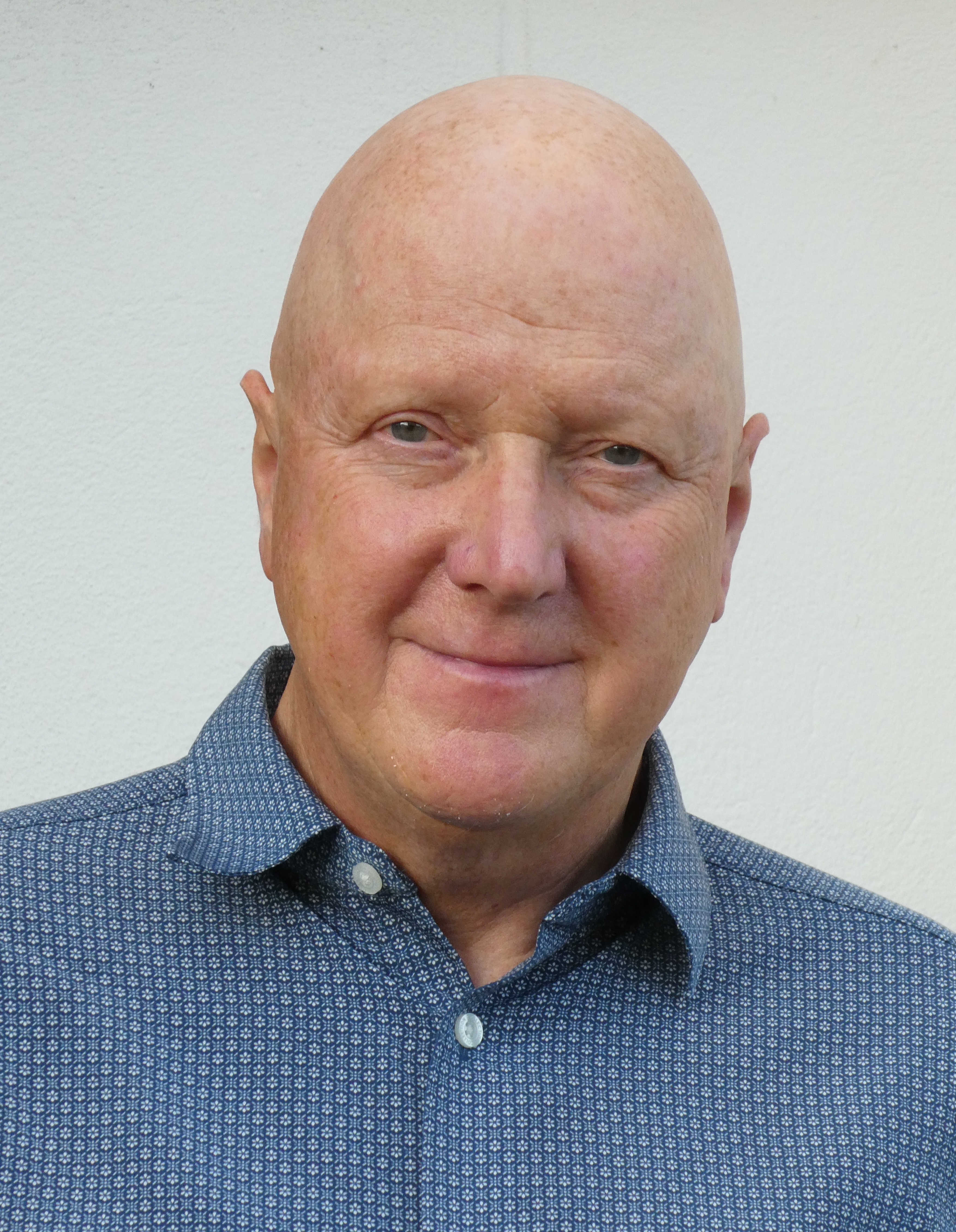the Disputes
Board

You are a member of USB, you pay your dues and you follow its activities, but how much do you know about its institutions and the way it is organised? Take the case of the USB Disputes Board. It is one of the institutions of USB but how many members know what its purpose is, or what it does?
The question matters, because for a trade-union to be vibrant, active and relevant, its members also need to support and participate in its functioning. It is here that USB Disputes Board is an institution that is falling into abeyance through neglect. On the one hand, that may seem a good thing as if there are no disputes, there is no need to call on its services, but on the other hand, it sends a worrying signal if one of the institutions expressly included in the Rules becomes extinct, as it implies a lack of due care and attention to the conduct of USB business. So, a few words seem in order to remind members about the role of USB’s Disputes Board and to encourage members to give it support, even though it is hoped that it will not be necessary to have recourse to its services!
Perhaps it is worth reminding ourselves at the outset why it was necessary to include the Disputes Board as one of the USB institutions. The reason is that its existence extends reassurance to all USB members that if problems arise in their relationships as members, or in relation to the functioning of the trade union, there is an organ, not involved in day-to-day matters, that can examine the matter as neutrally and impartially as humanly possible. It is for that reason that the members of the Dispute Board are not permitted to be members of any other USB organ. Another reason is to avoid each and every dispute having to be discussed and decided directly by a general assembly of all the members in a General Meeting.
The rules governing the functioning, organisation and institutions of USB are to be found in its Statuts, or Rules. Article VIII lists the governing bodies: General Meeting, Executive Committee, section committees set up within institutions and organisations, Audit Board, and Disputes Board. Article XIII describes the status and function of the Disputes Board. It comprises five full members and five alternate members. It is elected for two terms of the Executive Committee (para. 1). Members may not be members of the Executive Committee or Audit Board (para. 2). It has jurisdiction over any dispute within USB. Disputes may be brought before it by the Executive Committee, Audit Board or by a member of USB. It must give a hearing to the parties before giving a ruling (para. 3). If the dispute relates to elections to a USB statutory body, its competence extends beyond electoral questions concerning the vote, or where the Electoral Bureau declares it does not have jurisdiction (para. 4). If a member is being expelled, the Board must rule within 30 days, at the request of the Executive Committee. There is an appeal against a ruling on exclusion under Art. IV.7. More generally, any other decision of the Board may be appealed to the General Meeting (para. 5).
If those are the underlying provisions, how do things work in practice? The first point is that the members are elected, and this is intended to ensure their independence. So, there have to be elections to appoint the members to the Board. That in turn means there must be an Electoral Bureau which oversees the elections. Article XIV sets out information about the electoral procedures. Once appointed, the members then wait and see if there are any disputes. In that respect, there are broadly three types of situation. Firstly, there may be a dispute between persons or between a person and the Executive Committee, and here the Board seeks to reconcile the parties, without being subject to a particular time limit. Secondly, a member may be subject to exclusion, and here the Board has to adopt a view on the matter one way or the other. The Board also has to rule within a time limit, and it is particularly important to have a hearing when the member is able to learn of the reproaches being made and has the opportunity to contest them. The third situation is where elections to one of the organs is challenged. Apparently, such a situation has not yet arisen, and one can speculate about the possible rulings that might be made, for example, that the election is valid, a new call for candidates should be made, votes recounted, or the election rerun.
However, whatever the scenario that might arise, it is important that no information is withheld from the Board on the grounds of secrecy as it would prevent the Board having the fullest possible information at its disposal.
If a dispute comes to the attention of the Disputes Board, it is generally through the Board’s president being contacted by the Executive Committee, Audit Board or USB member. All the Board members are informed and the process of finding out all the details of the case starts. The complainer is asked to provide full details and relevant documents and evidence. Everyone concerned is contacted and asked to make observations. The purpose is to prepare for a hearing, when everyone involved is asked to come along in person with all their supporting documents to present their viewpoint and arguments to the Board in front of each other. These exchanges, and the hearing before the Board are confidential to those involved. It can also assist the conduct of the hearing if a summary of the facts and circumstances as understood is drawn up and circulated beforehand as it helps to concentrate on the essentials and to correct any misapprehensions.
The Board seeks reconciliation where possible. Its job is to find out the facts and the viewpoints and to present its interpretation on them in the form of a ruling which is made in writing after the hearing. The ruling may include whatever matters the Board members feel need to be mentioned, but it is based on the evidence that has been furnished to them and the observations made at the hearing. In that connection, it is a good idea to arrange for someone to take notes of the oral hearing, to have them typed up immediately and to ask each party to check the transcript, agree on any changes, and then sign the transcript document before they leave. This allows the Board to work on the basis of the agreed transcript when it draws up its final decision, and it reduces possible misunderstandings later on about what was said. After the final ruling has been given out, any of the parties, if they so wish, can appeal to the General Meeting for a discussion and review of the matter. Throughout the procedures, the Board can draw on the assistance of staff of USB to provide secretariat and confidential operational support.
Being a Board member is a role which offers insights into the functioning of USB and deeper understanding of issues that can arise. More importantly, however, standing for election to be a Disputes Board member shows an understanding and appreciation of the work of USB which is constantly to protect and enhance the working lives of members. It shows a willingness to be part of the structure and a desire to assist colleagues when need arises.
The present membership of the USB Disputes Board consists of both active and retired members, whose number has, alas, been diminishing though encroaching age. The Board is at risk of not having enough members to meet its obligations in the event of a dispute arising in the future.
There is an urgent need for new members. Moreover, elections are overdue.
So, it is a time for renewal of USB Disputes Board, with new elections. However, that can only come about if there is a sufficient number of members who are willing to step forward and offer their services as candidates. USB Disputes Board is an organ in need of Member support.
And one last detail, with the arrival of modern digital technology, experience of COVID-induced teleworking and videoconferences, it is now clearly possible to participate from wherever one is based in the world.

Colin Robertson
Colin Robertson retired in 2013 from the EU Council Legal Service (Quality of Legislation) after 20 years as legal-linguistic expert. In that time, he was a member of the Council Staff Committee and latterly participated in the work of USB Executive Committee. Previously he had worked in the EU Commission, Court of Justice and Scottish /UK national administration He remains active as a member of USB Disputes Board.
RECENT NEWS
Thanks To Union Syndicale, The Right To Family Allowances Has Been Extended The right to dependent child allowance and school allowance ends when the child completes their studies. But when do studies actually end
You have some questions concerning your pension? Wondering when to retire? Our calculator tells you, month by month, whether you can retire, or the preparatory half-time, and what percentage of your basic salary you
What image says ‘best winter fashion’ and its energy improvement measures..., Winter,... 19 degrees in offices (the Belgian standard in force) and the usual 100% intervention to regulate the heating installations, Winter also




